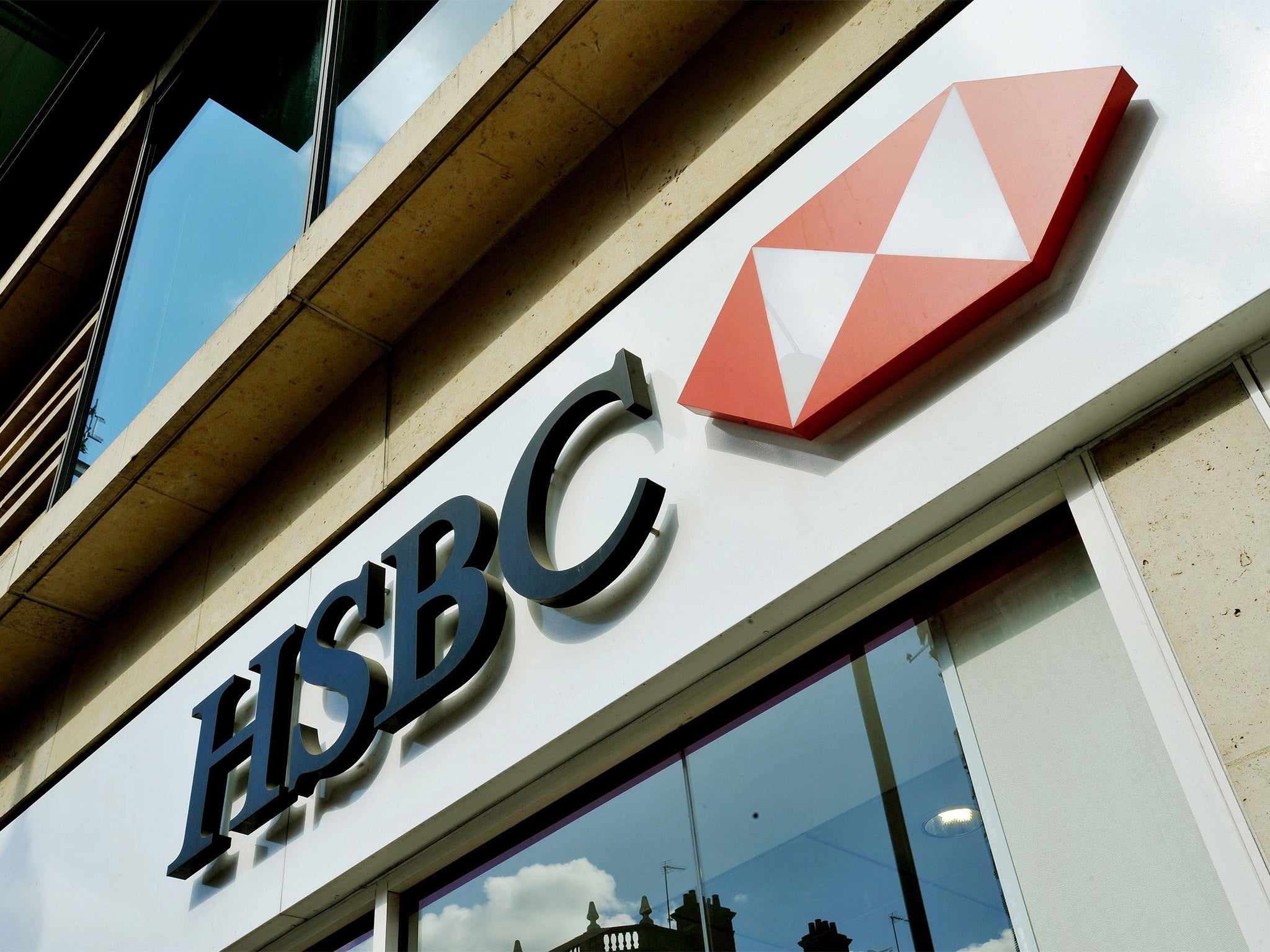Poor, put-upon HSBC. What did it ever do to deserve these huge imposts?
Outlook

These are taxing times for HSBC. The fallout from the role it played in helping to deprive Europe’s treasuries of taxes they were due from some of their wealthier citizens gets more toxic by the day. Then there is the tax taken by the UK Treasury through its banking levy, which the bank has somehow managed to use to portray itself as as much sinned against as sinner.
Lots of numbers have been bandied around with the aim of showing just how much of an impact this particular tax is having on HSBC. All the same, it managed to report a $7bn (£4.7bn) profit in the first quarter of this year. But that was overshadowed by its saying it was considering departing these shores to keep the Treasury’s hands off it.
The claim advanced when the results were announced was that the bank might need to move in order to be able to fund a progressive dividend policy.
There is, of course, another way of doing this. HSBC could simply pay its executives a little less extravagantly – and I’m talking here about the top corps of rainmakers as opposed to just the overpaid potentates on its board.
That would go a long way towards releasing the necessary funds for the progressive dividends that shareholders so covet. Strangely, however, despite the misconduct overseen by HSBC managers costing its shareholders far more than any levy in fines, clean-up costs and the need to hire a small army of compliance officers to keep noses clean in future, this option appears not to be on the table.
HSBC’s numbers looked good when compared with rivals because of the absence of any really chunky provisions against future misconduct costs.
But they are surely coming. The bank’s regulatory issues are complex, costly and ongoing. Further huge provisions are surely on the horizon because the final blow from the forex rigging scandal has yet to land.
When it comes to the aforementioned tax evasion scandal created by the activities of the bank’s Swiss private banking business, the various fighters are still indulging in a little light sparring before the weigh in. But the French certainly appear to be very serious about competing with the Americans when it comes to staging the bout with the biggest purse.
If HSBC’s Asian shareholders – we are told they are the ones agitating for the change of locale – want the bank back, they might like to consider the positions of the people who make the move when they get it. The executives now in command were part of a culture that allowed the various scandals that HSBC has become embroiled in to fester unchecked.
They sat on committees with the people bearing direct responsibility, shared drinks with them in the boardroom. If they had concerns about the way the business was being run, they kept them quiet. Shareholders are paying a heavy price for that, and they might be paying it for several years to come, regardless of whether the bank’s headquarters are in London, Hong Kong, or even Singapore.
Join our commenting forum
Join thought-provoking conversations, follow other Independent readers and see their replies
0Comments